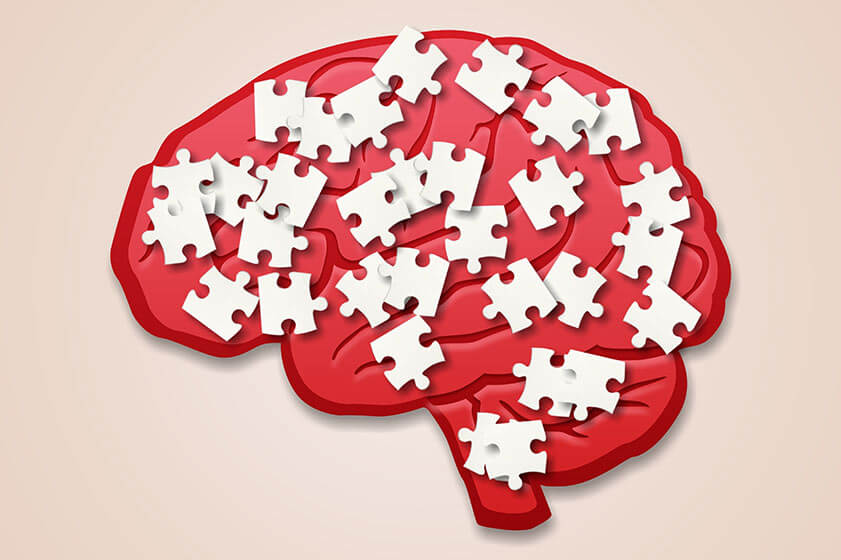Memory loss signals vary greatly depending on a person and the real cause of dementia. The majority of persons with dementia experience some, but not all, of the indications. The symptoms may be clear or mild, and they may go unnoticed for a long period. However, short-term memory loss is frequently the first indicator of dementia, with the individual repeating what they have just said or forgetting where they have left their belongings moments ago. Here are signs of memory loss diseases in their early stages.
Passivity
It’s natural to become tired of housekeeping or social commitments, but most individuals quickly recover their motivation. A person with dementia, on the other hand, may become lethargic and indifferent, requiring urging to become active.
Wandering
Roaming and getting lost are typical in patients who have Alzheimer’s disease or other dementia-related diseases. Even if the individual has never strayed before, this behavior can occur in the early stages of memory loss. Mom or dad is likely wandering if they often return from frequent walks or drives later than expected or they forget how to go to familiar areas.
Personality Shifts
Over time, people’s personalities might shift in small ways. But an individual with dementia may exhibit more noticeable personality changes, such as becoming confused, distrustful, or introverted. Disinterest or increased anxiety are examples of changes too.
Warped Judgment
Everyone makes questionable judgments occasionally, such as delaying visiting the hospital when they are ill. A dementia patient, on the other hand, may have abnormalities in judgment or decision-making, such as failing to recognize a medical concern that requires treatment or overdressing on a scorching hot day.
Financial Problems
Having issues counting money, settling a purchase, estimating a tip, reconciling a checkbook, or digesting a bank statement are all symptoms of money troubles. When it comes to money, the individual may be overly fearful or concerned. On a credit card bill, you could also uncover unusual new transactions or unpaid and unread invoices.
Unusual Forgetfulness
Unusual forgetfulness is a symptom of memory loss. Mom or dad may be unable to recall recent events, one or many old recollections, or both. Memory loss may be temporary and only last a brief period. It may not get better and may worsen over time, depending on the origin. In extreme situations, memory loss might make it difficult to carry out daily tasks.
Communication Issues
Alzheimer’s patients may have difficulty comprehending or joining a discussion. They may come to a halt in the middle of a discussion, unsure how to proceed, or they may start reiterating themselves. Some may also have difficulty naming a known item or using the incorrect word for it.
Difficulty Using Numbers
People may struggle with activities that involve higher-order thinking, such as using a spreadsheet or handling account balances periodically. But a person with dementia may struggle with such activities due to a loss of comprehension of what numbers are and how they are utilized.
It’s crucial to remember that many illnesses have symptoms that are comparable to dementia but don’t presume that somebody has dementia just because some of the symptoms listed above are present. Dementia-like symptoms can be caused by strokes, depression, or severe long-term alcohol usage. Many of these illnesses, thankfully, can be addressed if the help provided is prompt.







